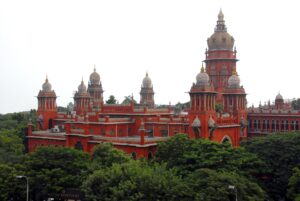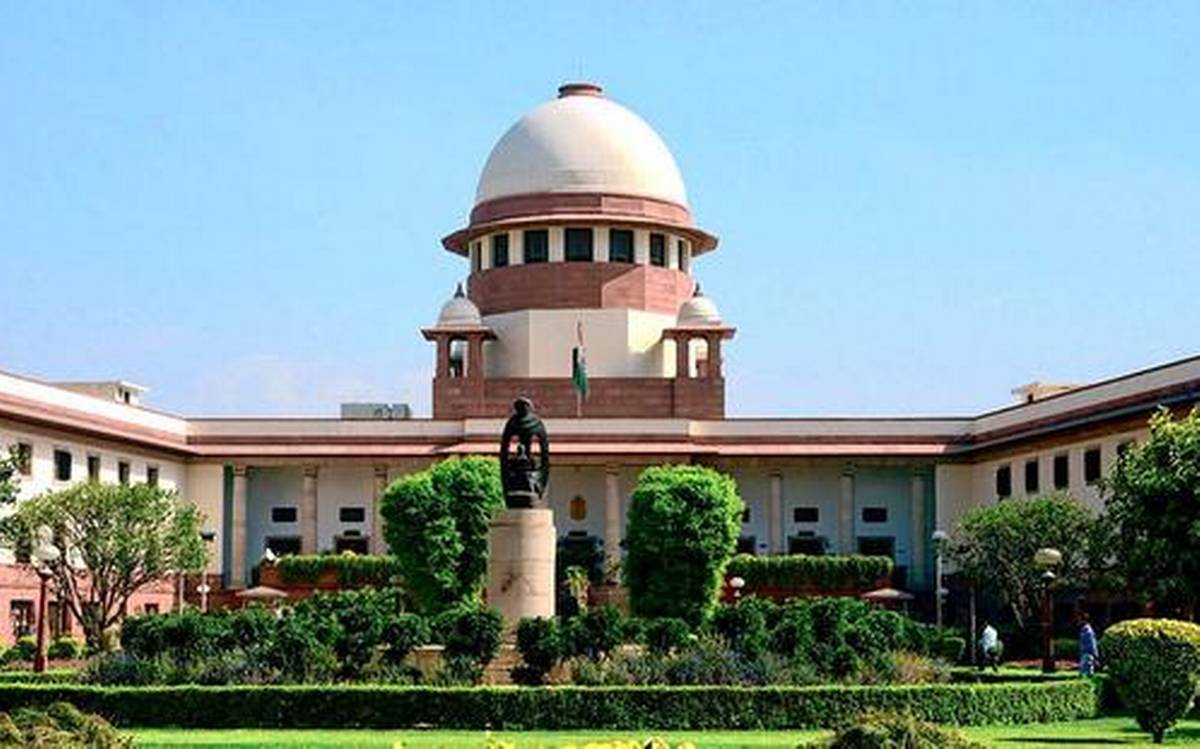Synopsis: The Supreme Court held that when the vires of Section 40(a)(iib) of the Income Tax Act, which the High Court alone could determine in the exercise of its powers under Article 226 of the Constitution of India, is challenged, the High Court should have decided the issue on the merits.
On Wednesday, the Supreme Court ordered the Madras High Court to rule on the constitutional validity of Section 40(a)(iib) of the Income Tax Act, 1961, which forbids the deduction of royalty, licence fees, etc. In the case of State government undertakings headed by profits and business gains.
The judgement was issued in an appeal filed by Tamil Nadu State Marketing Corporation Limited (TASMAC) by the Bench of Justices Ashok Bhushan, R Subhash Reddy and MR Shah against a judgement of the Madras High Court that refused to determine the challenge.
The Supreme Court held that when the vires of Section 40(a)(iib) of the Income Tax Act, which the High Court alone could determine in the exercise of its powers under Article 226 of the Constitution of India, is challenged, the High Court should have decided the issue on the merits. The impugned decision passed by the High Court is hereby quashed and the matter is referred to the High Court to decide on the merits of the petition with regard to the challenge of Section 40(a)(iib).
Without ruling on the validity of Section 40(a)(iib), the High Court dismissed the said writ petition, noting that the vires of the law need not be entertained because the matter was still sub-judice before the Income Tax Authority.
In the case of the petitioner, the amount deductible in the estimation of the taxes paid under the Income Tax Act was not authorised pursuant to the above provision.
The petitioner argued that the provision was discriminatory and violated Article 14 of the Constitution, because many undertakings of the central government were not subject to any such income tax calculation and enjoyed an exemption.

For the Assessment Year 2017-18, the show cause notice provided by the assessing officer stated that the VAT expense imposed on the appellant was an exclusive levy by the State Government and hence firmly covered by Section 40(a)(iib).
Accordingly, VAT expenditure in the estimation of the appellant’s income should not be allowed as a deduction in compliance with Section 40(a)(iib).
The IT Department’s assessment order was challenged before the High Court, which permitted the appeal on the basis of violation of natural justice. It then sent the matter for fresh determination back to the evaluating officer.
The matter was pending before the assessing officer when the appellant brought another petition before the High Court of Madras, challenging the violation of Section 40(a)(iib) of the Constitution on grounds of violation of Articles 14 (right to equality), 19 (right to profession) and 265 (no taxes to be levied except by the authority of law).
The High Court refused to rule on the challenge citing the pendency of the matter before the Income Tax Authority stating that it is open to the aggrieved party to challenge at the required moment the vires of the provision.
However the Supreme Court disagreed that until the assessing officer issued a notice of cause to TASMAC, the “appropriate moment” may be said to have occurred.
The Supreme Court claimed that it is firmly of the opinion that the judgement and order adopted by the High Court at issue are not at all sustainable. The High Court should have resolved the issue on the merits of Section 40(a)(iib) with respect to vires, irrespective of whether the matter was sub-judice before the Income Tax Authority.
Accordingly, it admitted the plea, that set aside the judgement of the High Court and referred the matter back to the High Court for a determination of the validity of Section 40(a)(iib).

